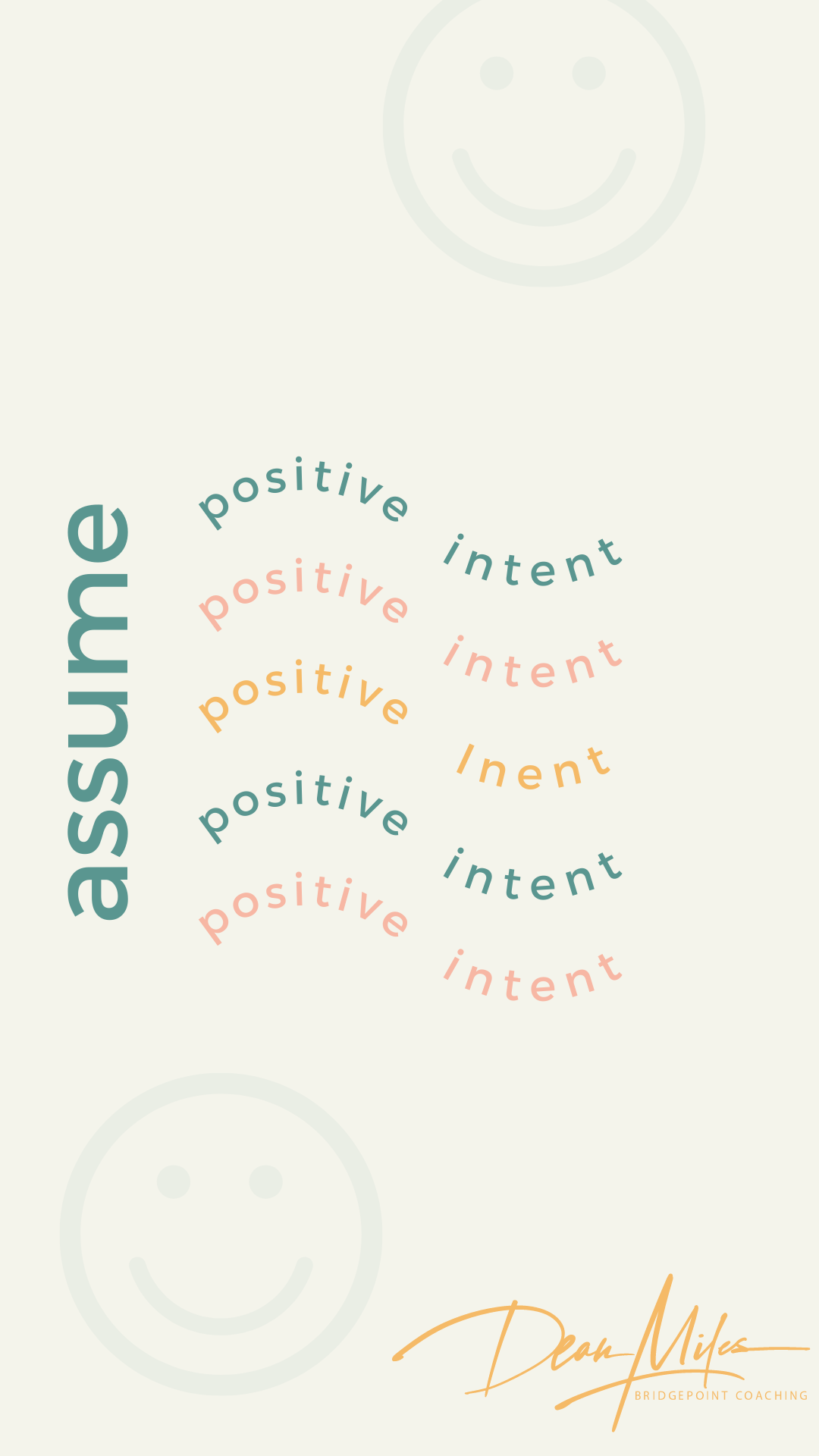Aug09

I was just listening to a conversation between Marshall Goldsmith, the #1 leadership coach, and Stephen Covey, author of Speed of Trust. They were discussing the idea that trust may be having an "existential crisis" in the workplace. It was a really interesting conversation that got me thinking about the role of trust in our lives and how we can create more trust in our relationships.
Goldsmith and Covey noted that trust is essential for effective leadership and teamwork. Without trust, people are less likely to collaborate or communicate openly. As a result, mistrust can lead to conflict and division. The two experts also pointed out that trust is often broken when people feel like they are being taken advantage of or treated unfairly. When this happens, it can be difficult to regain trust.
Covey suggested that one way to create more trust in the workplace is to focus on "speed of trust." This means creating an environment where people feel safe to take risks, make mistakes, and learn from their mistakes. When people feel like they can trust their colleagues and leaders, they are more likely to be open and honest, which creates a more productive and cohesive workplace.
Goldsmith and Covey's conversation was a timely reminder of the importance of trust in our lives. It's clear that trust is essential for effective leadership and teamwork, but it's also fragile. We need to be careful not to break the trust that we have with others. And we need to create an environment where people feel safe to take risks, make mistakes, and learn from their mistakes. Only then can we hope to create more trusting relationships in our lives.
In human interactions, it's often wise to API - that is, to assume positive intent. What this means is that, even if someone does something that seems odd or suspicious at first, you give them the benefit of the doubt and assume that they're just trying to help or that there's a perfectly good explanation for their actions. Oftentimes, we jump to conclusions without all the information, and by assuming negative intent we can quickly break down relationships. However, if we give people the benefit of the doubt, we're more likely to find solutions and build bridges instead of walls. By assuming they have good intentions, you may be more likely to trust them, and they may feel more inclined to trust you in return. This can be a difficult mind-set to maintain, especially in today's climate of suspicion and mistrust. However, if you can manage it, API will often result in improved relationships and better outcomes. In the business world, for instance, mistrust can quickly lead to costly delays and lawsuits. But if employees are able to assume positive intent, they can often avoid these problems and find creative solutions that benefit everyone involved. In our personal lives, too, API can make a world of difference. Family disputes, for example, are often caused by a failure to assume positive intent. If we can remember that our loved ones are acting out of love and not malice, we can often find a way to resolve disagreements without lasting damage to our relationship.
So next time you're feeling suspicious or angry about someone's actions, try to take a step back and assume positive intent. It just might make all the difference in the world.
By Dean Miles
Keywords: Business Continuity, Mental Health, Startups
 Lateral Moves: The Most Overlooked Succession Strategy in Companies
Lateral Moves: The Most Overlooked Succession Strategy in Companies The Asset Play: Timing, Structure & Global Arbitrage
The Asset Play: Timing, Structure & Global Arbitrage  The Orchestra Needs a Conductor: Why Multi-Model Agents Require H2E Governance
The Orchestra Needs a Conductor: Why Multi-Model Agents Require H2E Governance The Role of Memory in Modern-day Business
The Role of Memory in Modern-day Business The Architectures of Permanence: A Comparative Analysis of the "Big Three" AI Strategies (2026)
The Architectures of Permanence: A Comparative Analysis of the "Big Three" AI Strategies (2026)